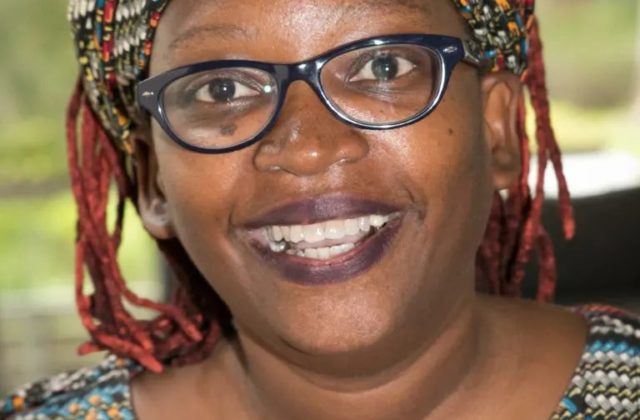Nyanzi, Stella
Guest of the Director

David Kato's Life, Lobbying and Legacy: Writing A Biography from Ethnography
Research Question
What is the legacy of David Kato – Uganda’s LGBTIQ activist murdered at the genesis of the Anti-Homosexuality Bill? What methods most effectively study criminalised communities in repressive regimes?
Project Description
In this ethnography-based research project, a biography about the life, lobbying and legacy of David Kisule Kato will be written. In addition to exploring his life, lobbying and legacies within the biography, I will also reflect critically about research methods that are best suited to producing knowledge about criminalised endangered society members living in repressive dictatorships – in this case a gay leader living in homophobic Uganda with a law proposing death penalty.
I will analyse three data sets comprising 1) individual in-depth interviews conducted for one year immediately after the murder of David Kato with his family, friends, colleagues and others – in the LGBTIQ movement in Uganda, as well with his accusers from the anti-gay collectives, 2) public media content about local attitudes and practices related to homosexuality, and 3) academic publications about the legislative, judiciary and executive efforts to criminalise homosexuality in Uganda. All the data sets have been collected, translated into English where necessary and will be subjected to analysis at NIAS.
Selected Publications
Nyanzi S. (2013) Dismantling reified African culture through localised homosexualities in Uganda. Culture, Health and Sexuality 15(8):952-967.
Nyanzi S. (2014) Queering queer Africa, IN Zethu Matebeni (Ed.), Reclaiming Afrikan: Queer Perspectives on Sexual and Gender Identities, Modjaji Books: pp 61-66.
Nyanzi S., Karamagi A. (2015) The social-political dynamics of the anti-homosexuality legislation in Uganda. Agenda 29(1):24-38.